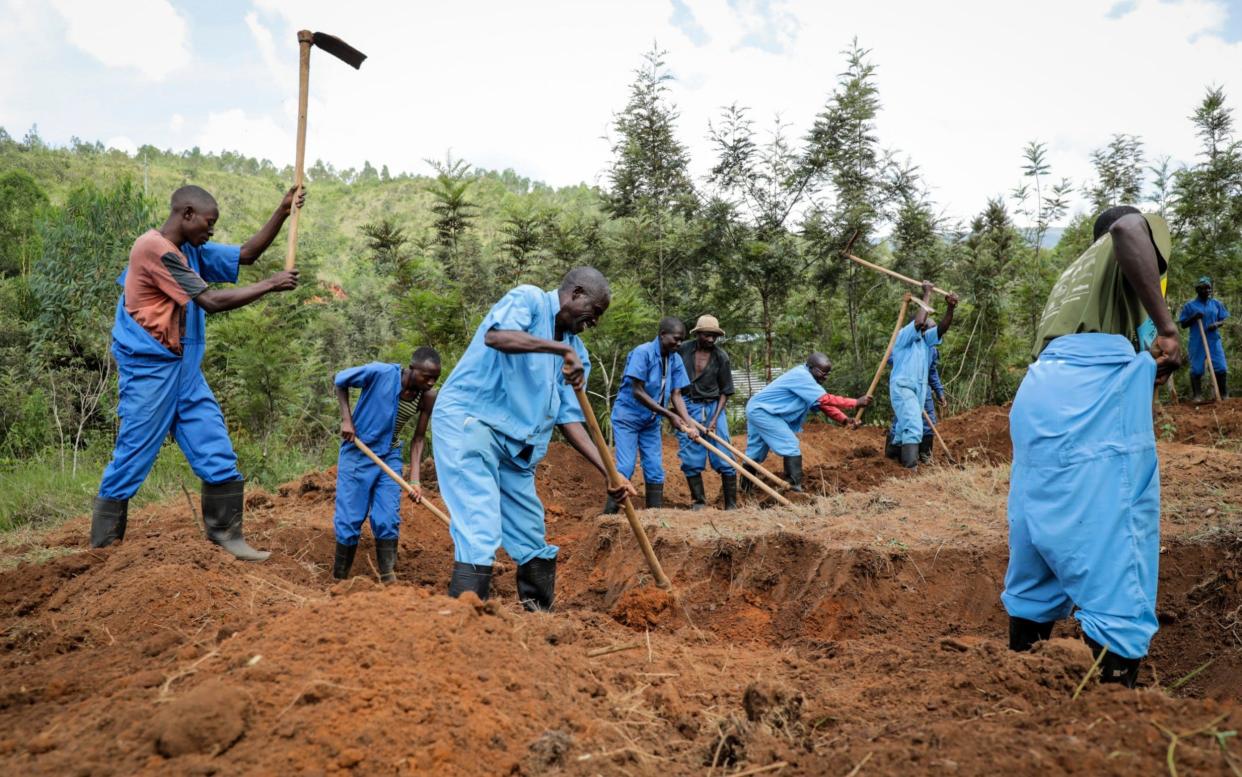Eurovision received more media coverage than the most under-reported humanitarian crises combined


In 2020 the Eurovision song contest received more news coverage than the ten most under-reported humanitarian crises combined, according to a new report released by charity Care International.
The report, which ranks the world’s crises according to how few articles were written about them, pegs Burundi in the number one spot.
Journalists penned 429 articles about the disaster unfolding in the African country, where over 2.3 million people are in need of immediate humanitarian assistance and more than half of all children are stunted.
Zambia’s drought, number 10 on the list, was mentioned 2,143 times. Meanwhile, the Eurovision song contest was covered in more than 50,000 articles, and the launch of Playstation 5 in 334,000.
Six of the ten most under-reported crises are in Africa. As well as Burundi and Zambia, the Central African Republic, Madagascar, Mali and Malawi also made the ranking. Conflict and climate change are the drivers of most of these humanitarian disasters, which are ravaging the lives of millions of Africans.
Prone to natural disasters and vulnerable to the impacts of climate change, Madagascar, for example, has been included in CARE’s report for five years running.
Three quarters of the African island's population (or 20m people) currently live below the poverty line, while 20,000 Malagasy children are at risk of starvation and 120,000 of acute malnutrition.
The world’s press have “understandably” been focused on covering the Covid-19 pandemic, says the report, which also included four countries outside Africa in its list: Guatemala, Ukraine, Pakistan and Papua New Guinea.
In the first couple of weeks of the pandemic “there was discussion of Covid-19 and its impact globally, which did allow a bit of continued attention to humanitarian crises, but very quickly, quite frankly, attention started to focus on the domestic impacts”, said Delphine Pinault, Care International's humanitarian policy advocacy coordinator.
“I wonder if there was also an attempt, especially in the global north, to cover joyful news”, she continued, adding, however, that covering humanitarian emergencies need not always be doom and gloom.
“One can tell the magnitude of humanitarian needs also by telling the positive stories of the people caught up in the middle, particularly the women and girls who are the most affected but who find unimaginable and amazing ways of dealing with crises”, explained Ms Pinault.

Such reporting is essential, she said, as fewer headlines mean fewer aid dollars.
As a middle-income country Pakistan is “often forgotten” by donors, Adil Sheraz from Care International’s Pakistan country office told The Telegraph. The country’s rising GDP masks huge inequalities, he pointed out. Now, with its economic growth sent into the reverse the situation for Pakistan’s poor is worsening.
A triple whammy of misery – crop-ravaging locusts, extreme urban floods and Covid-19 – left 6.7m Pakistanis in urgent need of food and agricultural help last year. In total, 49m, a quarter of households, do not have enough to eat, according to the report.
By “providing an honest picture”, journalists can help bring in aid money, said Mr Sheraz.
Globally, the number of people in need of humanitarian help is set to reach 235m in 2021, a record year-on-year rise of 40 percent. With it, the funding shortfall – already 50 percent last year – will grow too. The media can help plug the gap, says Ms Pinault. They need to step up.
Protect yourself and your family by learning more about Global Health Security

